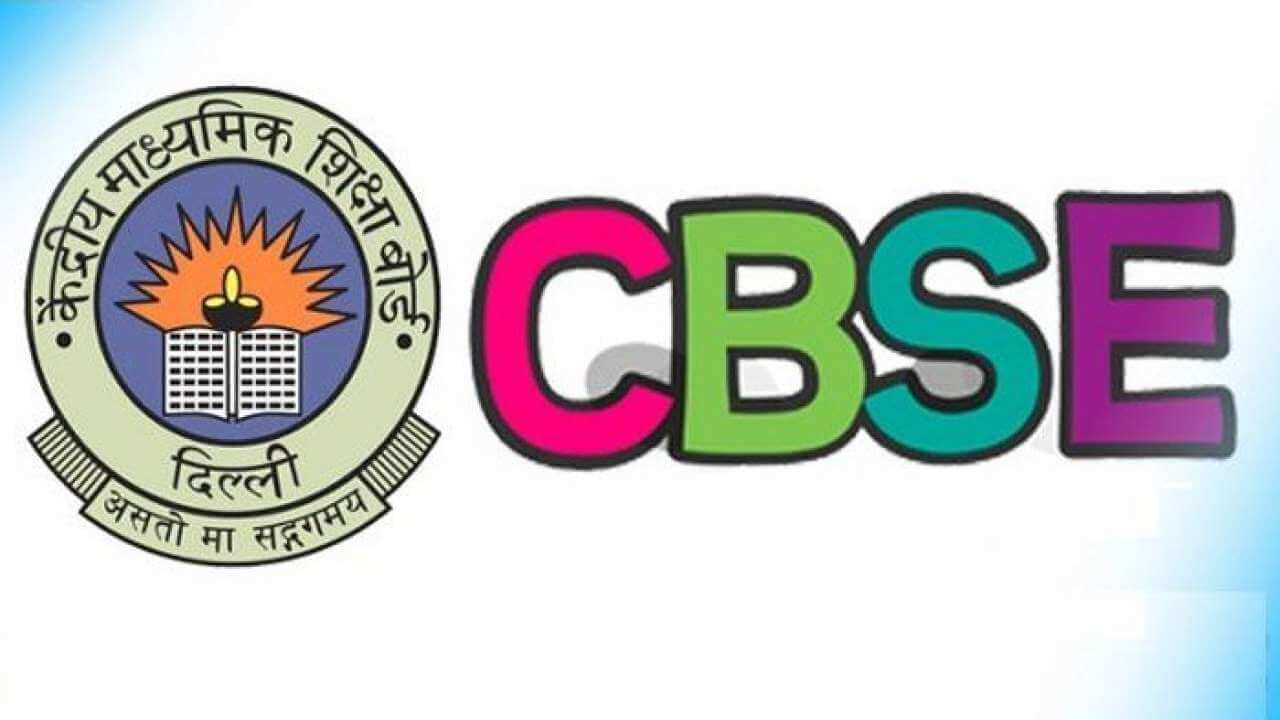Online learning becomes future of education as home-schooling system fade
Tue 03 Mar 2020, 21:04:53

The digital revolution has brought a lot of innovations and dramatically affected all businesses including education. Traditional institutions will always struggle with their inflexible pedagogical systems more than half of the knowledge that the kids learn in the first year of graduation become obsolete by the time they graduate.
Several of all traditional institutions won’t exist in 10 years because online education will upend their business models and push them towards bankruptcy. The future of education, hence, lies in all institutions at all levels, adopting online learning and online courses right from pre-school up to higher education.
Online learning now provides personalised learning paths for weaker kids who would do better with some extra levels of tutoring.
These days, online learning provides multiple options for all levels of learners and provides a plenitude of certificate, diploma and even online degree courses.
Online learning provides the flexibility of time and space to the learner you can now do your studies anytime from any place. Working professionals find these programs suiting their work routines as they can plan their lessons around their free time.
Several online courses use a mix of self-paced videos and pre-scheduled live sessions by an instructor. Students can interact with the live teacher, get the guidance, feedback and solve their queries.
Since these online programs do not have any geographical
constraint (the learner and the teacher can be at different parts of the world), most online courses get very high-quality faculty taking the lessons for the students.
constraint (the learner and the teacher can be at different parts of the world), most online courses get very high-quality faculty taking the lessons for the students.
Online courses are generally cheaper than classroom courses. Students can enrol into multiple programs from multiple institutions across the world, simultaneously, if they wish.
Online courses can enrol a much larger number of students for the courses where each of them can learn at their own pace using their own screens.
Institutions normally divide these online learners into multiple cohorts (groups) based on their initial assessments and plan their group activities.
Live classes are also scheduled for different cohorts where the faculty can conduct their classes at different paces for different groups of learners.
Students can get help from multiple sources if they get stuck in an online course. Some of these sources are free whereas some others may be paid ones.
Several other institutions and individuals provide tutoring and coaching sessions.
The impact of online courses on the education system will be a shift from live teaching to the teacher developing online content for students. The role of a teacher or educator will always exist and can never be replaced but the methodology and pedagogy will change with these evolving new models. But for the learner, these courses come as a welcome boon flexible, economical, personalised and effective.
No Comments For This Post, Be first to write a Comment.
Most viewed from
Most viewed from Edu and Jobs
AIMIM News
Asaduddin Owaisi files nomination papers on Friday
Apr 20, 2024
Owaisi Begins Election Campaign in Hyderabad
Apr 13, 2024
Bring back Indian workers in Israel: Owaisi
Apr 13, 2024
Latest Urdu News
Most Viewed
May 26, 2020
Do you think Ruturaj Gaikwad would be a good captain for Chennai Super Kings?
Latest Videos View All
Like Us
Home
About Us
Advertise With Us
All Polls
Epaper Archives
Privacy Policy
Contact Us
Download Etemaad App
© 2024 Etemaad Daily News, All Rights Reserved.







.jpg)





.jpg)
.jpg)
.jpg)
.jpg)
.jpg)
.jpg)
.jpg)
.jpg)
.jpg)
.jpg)
.jpg)
.jpg)
















